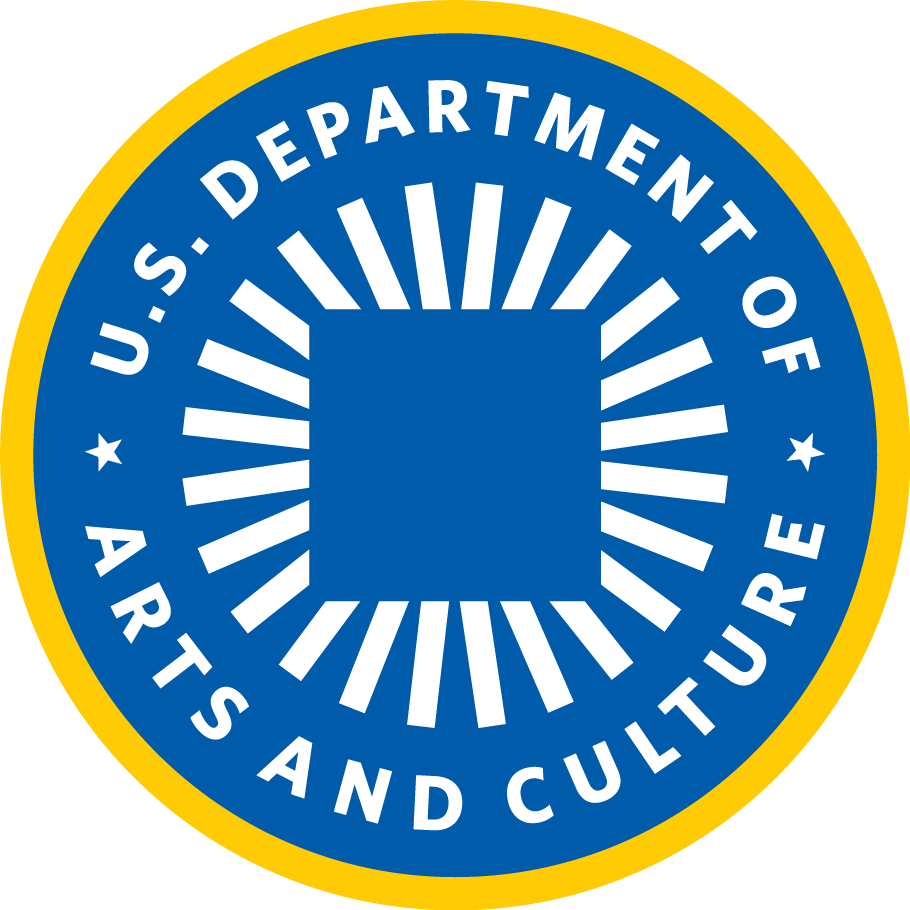Last week, USDAC Chief Instigator Adam Horowitz talked with our newest National Cabinet member, Martha Diaz, who is serving as Minister of Hip Hop-Based Education. On November 11, Martha launched a petition calling on President Obama to “designate Hip-Hop culture as a valuable and uniquely American national treasure worthy of being taught and practiced in all K-12 public schools.”
The petition is part of a yearlong campaign leading up to the 2016 presidential election. Originated by the Hip Hop Education Center, which Martha founded and directs, it was created to accomplish three aims:
- Have President Obama publicly acknowledge Hip-Hop culture as an American treasure worthy of study and practice in all public schools.
- Create a national alliance with a policy committee for the Hip-Hop Education movement.
- Introduce a joint resolution in both houses of Congress to integrate Hip-Hop culture in K-12 public schools curriculum and the National Park Service programs.
You’ll notice the USDAC listed as one of the campaign’s national allies, and we are proud to be there.
Adam began by asking Martha what brought her into this work.
Martha Diaz: Hip hop for me was beacon of light. As someone who is a first-generation Colombian-American, I didn’t have family members living near me, so I had to figure things out for myself. I was a shy girl in school. I spoke English but I thought in Spanish. It was always difficult for me to articulate what I was feeling. When I discovered hip hop in the school yard, I instantly knew that this was a way not only to express myself, but to build a community—build a family I didn’t have. So the b-boys became my family members, the b-girls, the deejays, the graffiti artists, the MCs.
Having this community helped build my self-esteem and create an identity that could help me through my life. It built my leadership skills. It politicized me through the music. It allowed me to see that it’s alright to be different. We have issues today with immigration: well, we had immigration issues back then too. Hip hop was a way for me to cope with all the issues surrounding me. I wanted to share this power with young people who are struggling, who are lost, sad and lonely. I wanted to say, “No, hip hop is here, is welcoming you, is offering you a platform, giving you a way to express yourself whether you want to dance or write or organize like I do.”
Adam Horowitz: Why the We The People for #HipHopEducation in Schools petition now?
Martha: With the upcoming election, it’s critical that political pundits and candidates know the hip hop community is very organized and powerful. We want to be part of the conversation politically and economically. We know that we’re contributing billions of dollars into the economy. Hip hop moguls are paying a lot of taxes and building companies and hiring people. We have some clout and we want them to understand that we want things to change.
The first thing we want to change is that we want hip hop to be recognized by our government as a national American treasure. Why? Because it needs to be taught in schools. Why? because young people need to identify with something positive. Right now the media is just showing one side of hip hop. We want to tell the whole story, and the only way to do that is to start in schools from K through12, the whole gamut. Starting with kindergarten, we want people to begin to come out of their shells and realize their own potential.
We didn’t just pull this out of a hat. It took five years of research and organizing to get to this moment. We are building on forty years of hip hop history, on the work of the pioneers who have traveled around the world as diplomats and peacemakers. The moment is now and we’re ready. And of course, November is hip hop history month!
Adam: So for the Citizen Artists reading this, what would you ask them to do?
Martha: First, really look at what we’re proposing. We’re proposing to have hip hop in the classroom as a valuable history, as American history and world history that should be studied by all. This isn’t just for black and brown kids. White kids love hip hop just as much: it’s for everyone. If we integrate hip hop in the classroom it’s going to help everybody.
I want people to sign and share the petition and be part of the movement. This is the beauty of hip hop: everybody gets to contribute. There’s no discrimination, we’re all one big family. Look at the allies we have listed in the petition. Everyone is contributing in some way, shape, or form. This is for everyone. Please join the movement.
Adam: Thank you. Welcome to the USDAC National Cabinet! We look forward to working with you!

